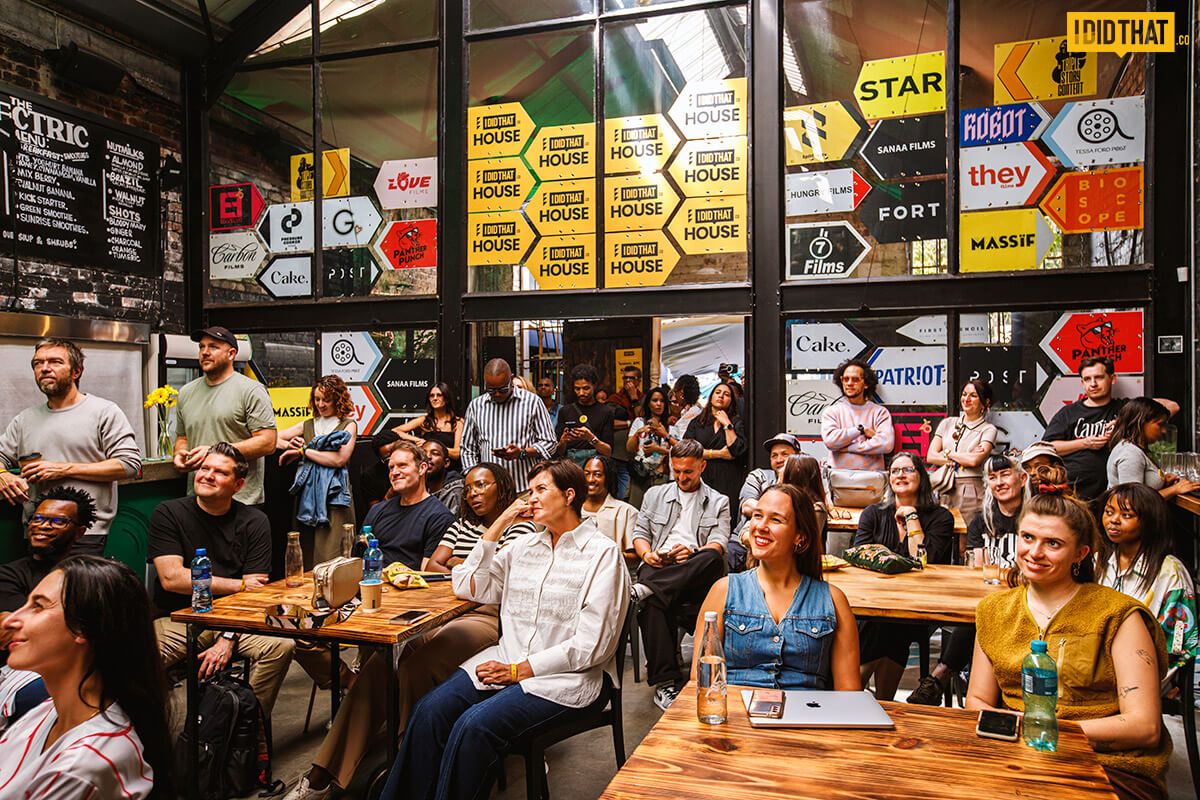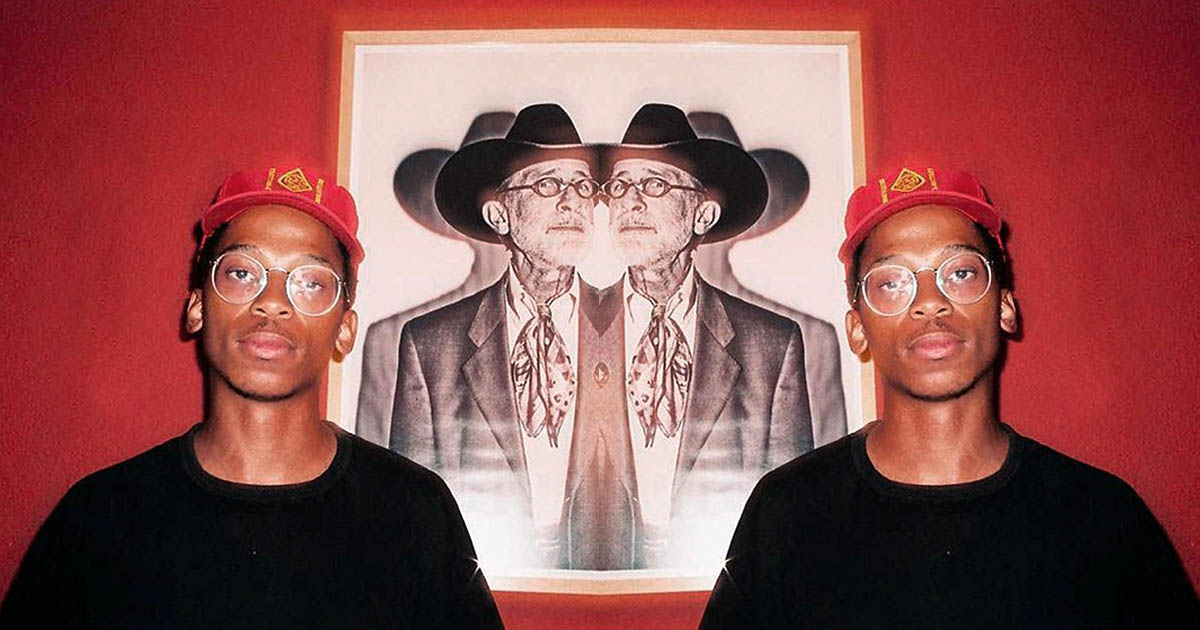
Face-to-face with Carbon Films Director, Mzonke Maloney
Within minutes of meeting Director Mzonke Maloney, we were captivated by his passion for South Africa. His un-stereotyped view of the country and his thoughtful way of speaking about our stories are downright mesmerising. And the team at Carbon Films couldn’t agree more. Mzonke has joined the production company as a Partner and Director, where he will be focusing his talents on commercials directing. He shared his view on the importance of challenging the South African narrative, the problematic way South African blackness is shown in the media and how being a filmmaker in America led to him finding his value as a filmmaker back home.
Growing up in Klerksdorp, in central South Africa, Mzonke moved to the United States and went on to graduate from the New York Film Academy (Los Angeles Campus), majoring in Screenwriting and Directing. During his time in Los Angeles, he found himself working alongside a group of young directors in The High5Collective. There he started honing his skill as a filmmaker and even worked on music videos for Tyler the Creator, Donald Glover (Childish Gambino) and Will I Am.
In 2016 Mzonke moved back to South Africa and started freelancing at various production companies until 2017 when he joined Carbon Films. He also currently has a feature film in production that has for the moment been halted due to lockdown restrictions.
IDIDTHAT: Mzonke, you were living the dream in the U.S of A, why come back?
Mzonke: I think that if you want to make images, you have to really love the people you are making images of. It was never an option for me to stay there, I am not American. I needed to be here to create.
IDIDTHAT: What would you say was the biggest takeaway from working in LA and something you’ll take with you into the commercials world?
Mzonke: Like most of us, I grew up watching Americans on TV and always thinking that they were smarter, faster, better or more interesting. But being an outsider there, meant that I had no choice but to be myself and speaking to people about my experiences and upbringing deepened my understanding of who I was and why my stories mattered. I started valuing the community and culture that had produced me, I wanted to understand it more. Because I was in another country and constantly comparing, my notions of home started to feel way more complex, interesting and even romantic in many ways. I found my value as a South African storyteller in Los Angeles.
IDIDTHAT: When you say ‘our stories’, what does that mean to you?
Mzonke: For me, it’s stories that take a serious look at this country and lives of the people that live in it by showing other dimensions and challenging stereotypes and binary ideas. It’s about embracing our own imagination. It’s about speaking honestly about our current temperament and finding the rhythm and structure of our storytelling through that. There are so many layers to the South African narrative but we seem to get stuck on the same reductive renditions.
IDIDTHAT: What do you mean by getting ‘stuck’ on the renditions?
Mzonke: I guess all I’m saying is that South African storytelling, both in style and content, seems to be progressing at a much slower rate than the culture we are currently living in. And as a result, I and many of my peers do not recognise or believe the people on our TV screens. Audiences are grouped into LSMs and then given a particular diet of content that plays on a particular channel. There is very little cultural hybridity, there’s no tension or disruption. It feels stagnant. Stuck.
IDIDTHAT: What would Mzonke’s rendering of a ‘South African story’ be?
Mzonke: I’m genuinely invested in telling stories from inside this weird experiment that is South Africa. My rendering of this place would try to resist western modalities of how we use or think about the medium. I want to abandon formulaic American genre tropes and really try and develop a visual storytelling practice that moves and ebbs at the cadence of current South African culture. Whatever that may be… It’s all a bit idealistic, really, so for now I want to work, learn as much as I can and ensure that these very theoretical ideas find form in the work I do.
Mzonke Did That
Mzonke’s incredibly powerful short film, ‘Skaap’, tackles violence as a theme head-on and doesn’t shy away from a dark subject matter. We highly suggest that you meet Mzonke over a Zoom call to hear all about the compelling back story of where the name, Skaap (meaning Sheep), comes from, because unfortunately #WordCount
‘SKAAP’ Short Film
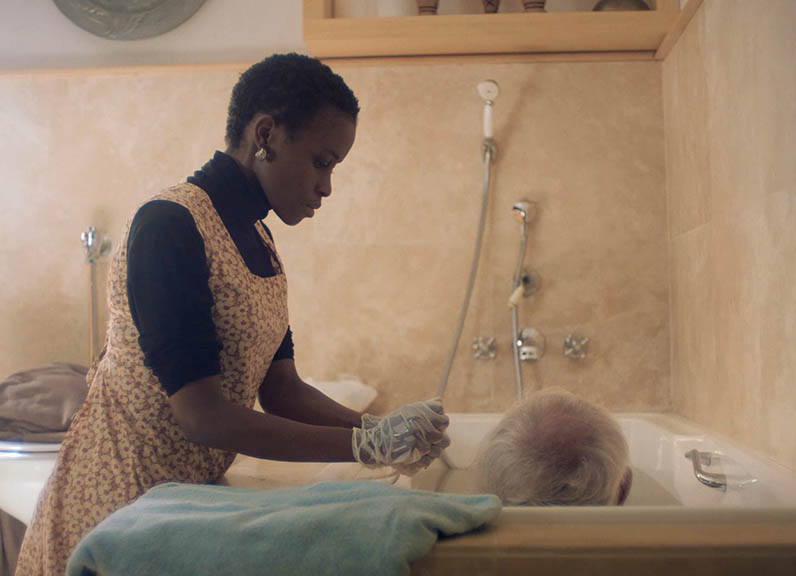
Mzonke on Skaap: Black people have been existing in servitude for ages. The story of a mother leaving her kids behind to go raise other people’s children is nothing new. Skaap is about one of these kids, now a young woman, who gets called to help her mother. It deals with what happens when this young woman has to see out the last days with the old man that her mother works for, the man that took her mother’s life in exchange for a weekly wage and is now still taking hers. It deals with how insidious dominance can actually be. Regardless of how atrophied his body is, he is still able to hold her in a certain position, class, responsibility and a role in society. He is able to do that to her without moving.
Mzonke is also responsible for a visually rich campaign for Three Ships Whiskey which we just loved. He collaborated closely with client and agency to achieve the vision he had for this campaign. The mood of these spots is so triumphant without being sappy and gives us a small taste of the bright future he has in the ad industry.
Three Ships ‘Kitty’
Three Ships ‘DJ Lag’
Mzonke’s perspective on storytelling is incredibly thoughtful and his considered take on South Africa’s narrative and quest to challenge the stereotype is an asset to any commercial. So, drop Carbon Films a mail kirsten@carbonfilms.tv, you won’t regret it!
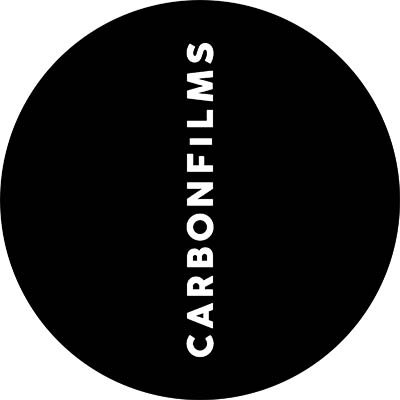
Contact Carbon Films:
Executive Producer: Kirsten Clarence
kirsten@carbonfilms.tv
Produced by the IDIDTHAT Content Studio – Credits: Anne Hirsch (Writer) / Julie Maunder
*This content may not be reproduced or used in any part without the prior written consent of IDIDTHAT. Reprints must credit IDIDTHAT.co as the original publisher of this editorial piece and include a link to this site.
This Editorial is paid for by Carbon Films. Want our studio to create content that puts your agency/company/kickass ad you made in bright lights for the whole industry to see? View or editorial packages or contact julie@ididtht.com and we’ll make it happen! #Boom

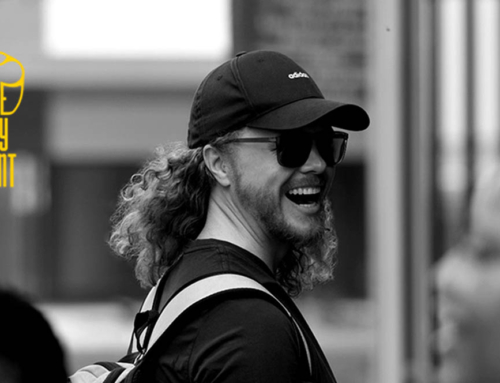

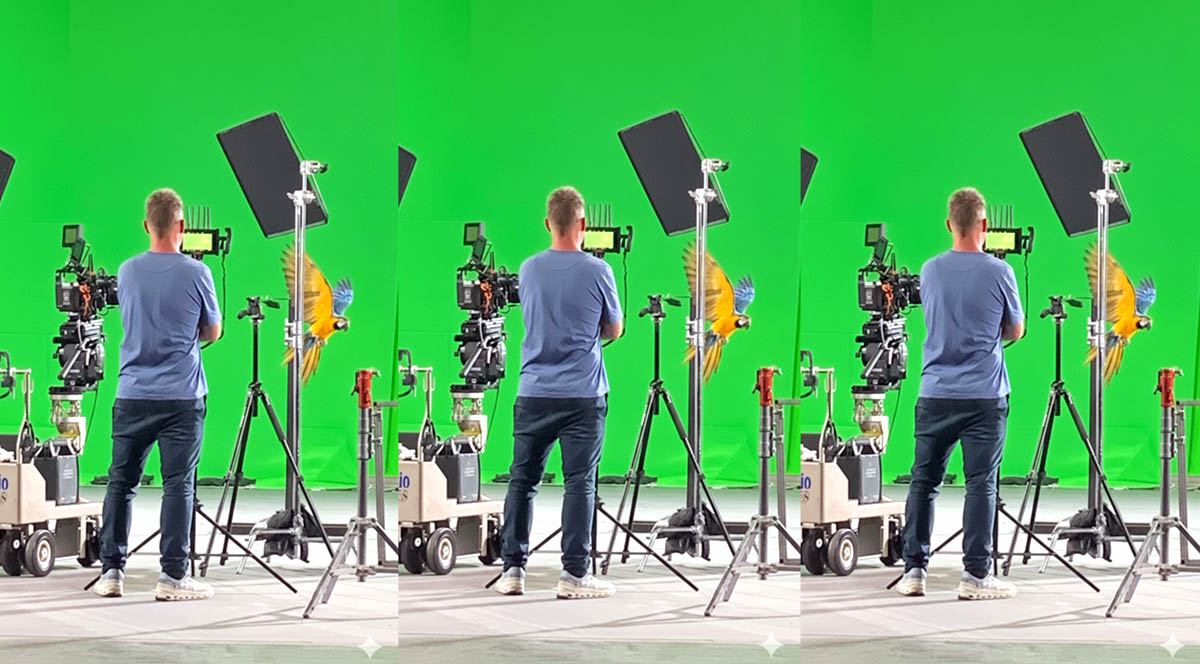
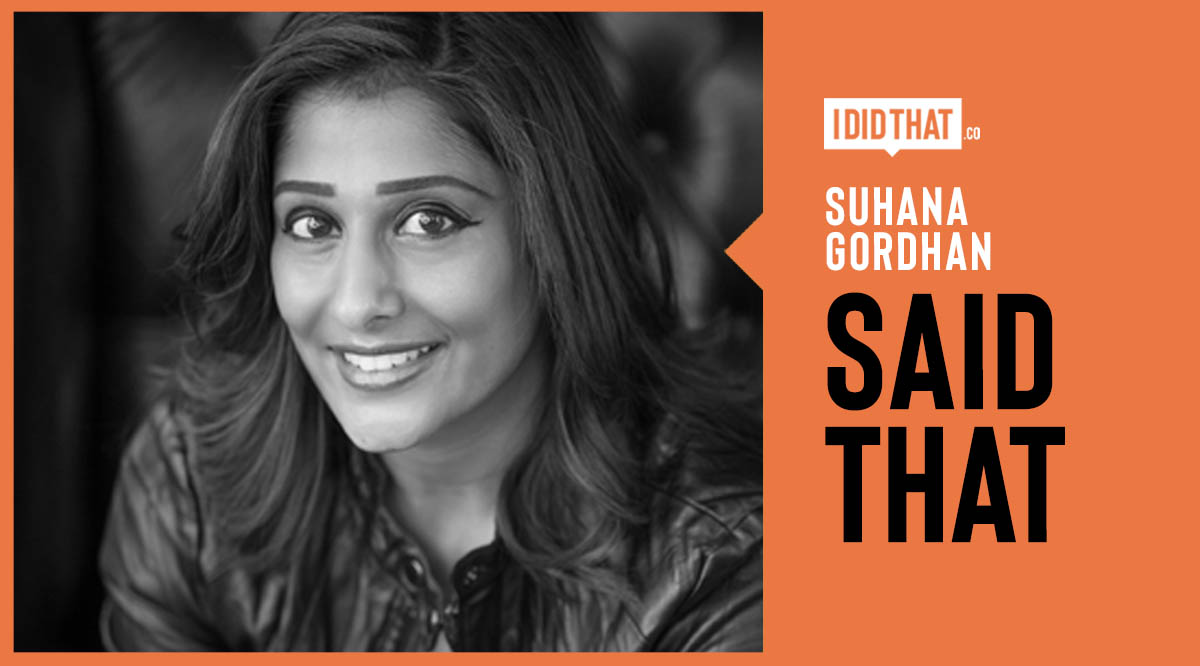

![[PODCAST] Bigger, Better, Awarded: How to build case studies that actually win. With Fran Luckin, Khensani Nobanda, Kabelo Moshapalo and Xolisa Dyeshana](https://ididthat.co/wp-content/uploads/2025/10/Bigger_Better_Awarded_How-to-build-case-studies-that-actually-win2.jpg)
![[PODCAST] Future Proof: what will a winning production company look like in the age of AI? With Jarred Cinman, Alexa Wilson, Stuart Stobbs, and Shane Jacobs](https://ididthat.co/wp-content/uploads/2025/10/Future-Proof-what-will-a-winning-production-company-look-like-in-the-age-of-AI_header-2.jpg)
![[PODCAST] The Great Debate: To in-house or not to in-house production with Colin Howard, Kathi Jones, Peter Little and Monareng Makwetla](https://ididthat.co/wp-content/uploads/2025/10/NK0367_IDIDTHAT-House_Loeries-Fringe.jpg)
![[PODCAST] Client Hot Seat: How marketers really assess creative, briefs and production partners with Bridget Harpur, Grant Macpherson, Tebogo Motsepe and Star Kachisa](https://ididthat.co/wp-content/uploads/2025/10/NK0202_IDIDTHAT-House_Loeries-Fringe.jpg)


